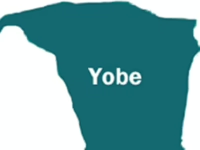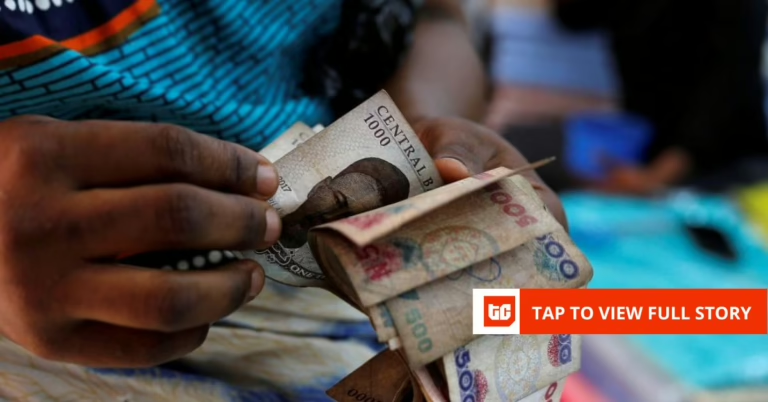Despite the rapid expansion of fintech, internet banking, and mobile payment solutions in Nigeria, cash continues to dominate transactions within the informal sector. According to Moniepoint’s 2025 Informal Economy Report, only 25% of informal enterprises report that digital payments contribute to at least 10% of their overall income.
This statistic highlights a striking contrast amid Nigeria’s booming payment landscape, where internet and mobile money transfers surged by 34.06%, reaching ₦647.05 trillion ($439.86 billion), as per the latest data from the Central Bank of Nigeria. Yet, for countless small-scale entrepreneurs-from street hawkers to market stall owners-cash remains the most trusted and preferred medium of exchange.
Micro, Small, and Medium-sized Enterprises (MSMEs) form the backbone of Nigeria’s economy, generating approximately 65% of the nation’s GDP and providing employment for over 80% of the workforce. However, many of these businesses still regard digital payment methods as supplementary rather than essential to their operations.
“For the majority of informal businesses, digital payments are an alternative rather than the primary mode of transaction,” the report emphasizes. “Only one in four informal businesses indicate that digital payments make up 10% or more of their total revenue.”
Cash remains dominant despite the rise of digital payments
While digital transfers are increasingly integrated into informal business transactions, cash continues to be the predominant payment method at the grassroots level. Here’s a detailed look at how payments are made daily in Nigeria’s informal economy.
Payment methods used by informal businesses: Cash versus digital transfers
Although digital transfers are on the rise, cash still accounts for over half of all transactions.
Digital payment reliance: The “One in Four” Phenomenon
Digital-Dependent (≥10% Revenue)
Cash-Dependent (<10% Revenue)
Source: Moniepoint 2025 Informal Economy Report
Transfers are gaining traction
Digital transfers now represent 39% of payment methods among informal businesses, marking a significant increase, though still trailing behind cash, which accounts for 51% of transactions. Card payments make up a modest 9%, largely because many informal vendors either lack access to POS devices or avoid them due to maintenance expenses and slow transaction processing.
Despite cash’s continued dominance, there is a growing shift towards digital transfers, driven by their convenience and speed. Card usage remains limited, as many informal enterprises face challenges in adopting card-based payments. “The limited ability of informal businesses to accept card payments results in a heavier dependence on transfers,” Moniepoint explains.
Encouragingly, 16% of these businesses report that digital transactions contribute to more than half of their total revenue.
While digital payment systems offer substantial advantages, especially for informal sector players, the data indicates that widespread access to these technologies remains restricted for most.
This suggests that despite the proliferation of mobile money agents and fintech platforms, a large portion of micro-businesses still operate predominantly in a cash-based economy.
Key barriers include limited access and affordability. For example, broadband penetration in Nigeria remains below 50%, and digital commerce tools require reliable internet connectivity to function effectively.
“Although digitization has enhanced payment processes, inadequate digital infrastructure and low levels of financial literacy continue to hinder progress,” noted Chinyere Almona, Director-General of the Lagos Chamber of Commerce and Industry.























0 Comments